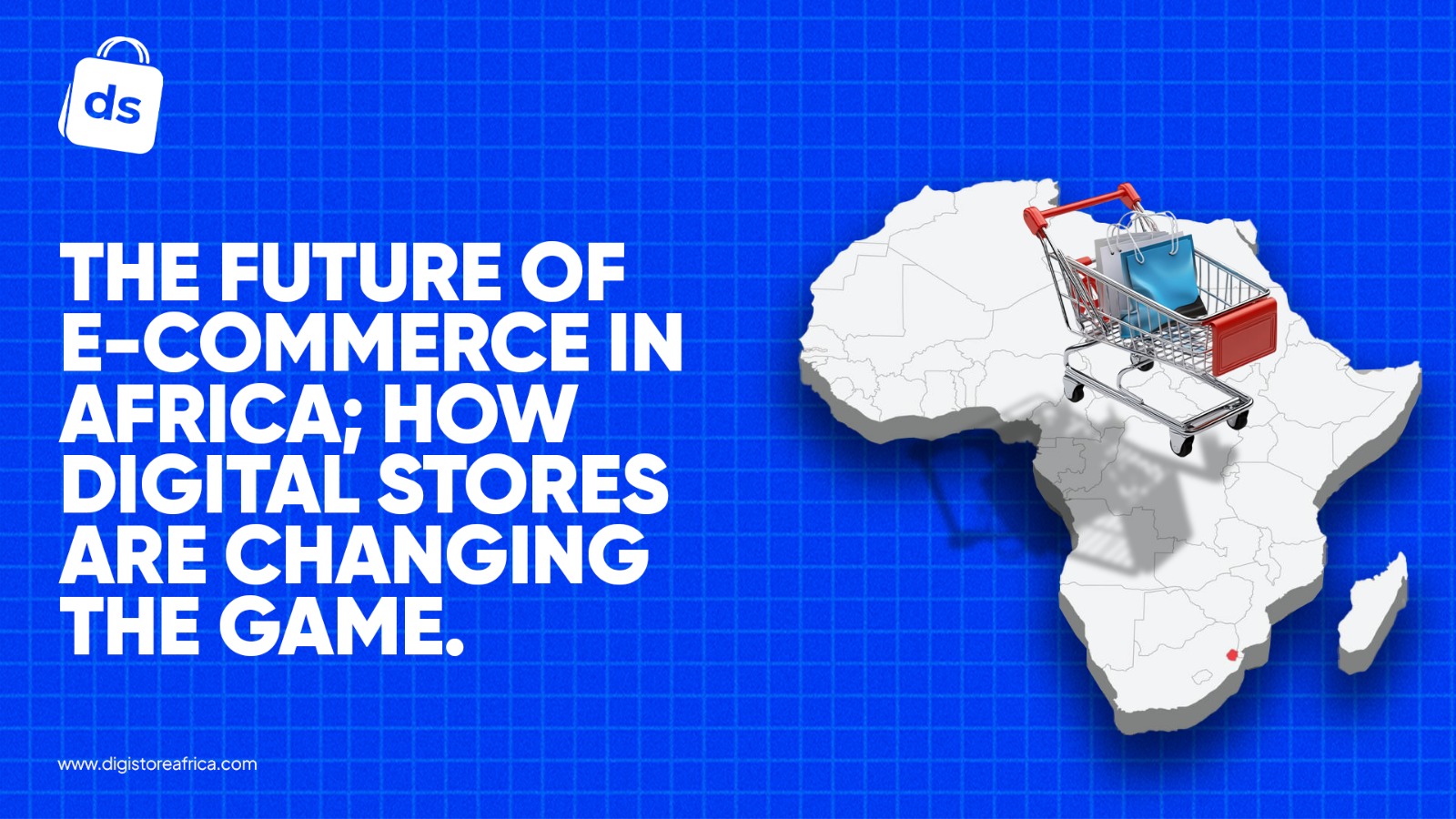
The Future of E-commerce in Africa; How Digital Stores are Changing the Game
Introduction
Africa’s e-commerce scene is no longer emerging, it’s evolving, fast. From Lagos to Nairobi, Accra to Johannesburg, the way people buy and sell is shifting from physical markets to digital platforms. But this transformation isn’t just about convenience, it’s about access, inclusion, and innovation.
As mobile penetration deepens and fintech opens doors for millions, we’re witnessing a new era of commerce, one where small business can scale like never before, and consumers can shop beyond borders.
So, what’s driving this evolution, and how can businesses stay ahead?
1. Mobile Commerce: Africa’s Shopping Mall is Now in Your Pocket.
Across the continent, smartphones have become tools of trade. Whether it’s a street vendor in Kumasi posting products on WhatsApp or a young fashion brand in Nairobi selling through Instagram, m-commerce is no longer a trend—it’s the main channel.
What This Means for Businesses:
- Your digital store must be mobile-friendly. A slow or clunky mobile site means lost sales.
- Integrations with payment tools like M-Pesa, Paystack, Flutterwave, and MTN Mobile Money aren’t just nice, they’re necessary.
- Social commerce isn’t a side hustle. It’s a serious sales engine.
- In Africa, your customer’s first “store visit” might just be a tap on their phone.
2. AI and Personalization: Because No One Wants to Feel Like Just a Number
Today’s shoppers expect more than just product listings. They want experiences that feel personal. AI is helping digital platforms like Digistore create those moments.
Here’s how we’re using AI:
- Our chatbots allow customers to order products via WhatsApp.
- Smart product recommendations based on browsing habits.
- Chatbots that give instant help anytime, anywhere.
- Automated inventory that updates in real-time, so customers don’t fall in love with out-of-stock items.
The result? Happier customers. Higher conversions. Less stress.
3. Fintech is Fueling the E-commerce Engine
Cash may still be king in some areas, but digital payment is building the future. Fintech has made it possible for more people, including those in remote areas, to buy and sell online with confidence.
Why It Matters:
- Speed and trust. No more waiting days for bank approvals or fearing fraud.
- Financial inclusion. Mobile wallets are bringing more people into the digital economy.
- The future is already here. With crypto and blockchain on the horizon, even bigger shifts are coming.
4. Last-Mile Delivery: From Frustration to Innovation
Let’s be honest, logistics has always been e-commerce’s biggest bottleneck in Africa. But we’re seeing bold solutions that rethink the final mile.
What Digistore is Doing:
- Partnering with local delivery startups and riders for faster, cost-effective shipping.
- Introducing real-time order tracking—because peace of mind is part of customer service.
- Providing a delivery rider app and also working on the best ways to live-track riders in real time.
- Setting up micro-fulfillment centers in key areas to shorten delivery windows.
It’s not just about getting the product there; it’s about getting it there right.
Conclusion
Africa’s e-commerce future is mobile, intelligent, and borderless. It’s built on technology—but powered by people. Platforms like Digistore are helping to level the playing field for small businesses while creating a better experience for consumers.
To every business leader reading this: The shift is happening now. The sooner you go digital, the sooner you unlock your next level.

